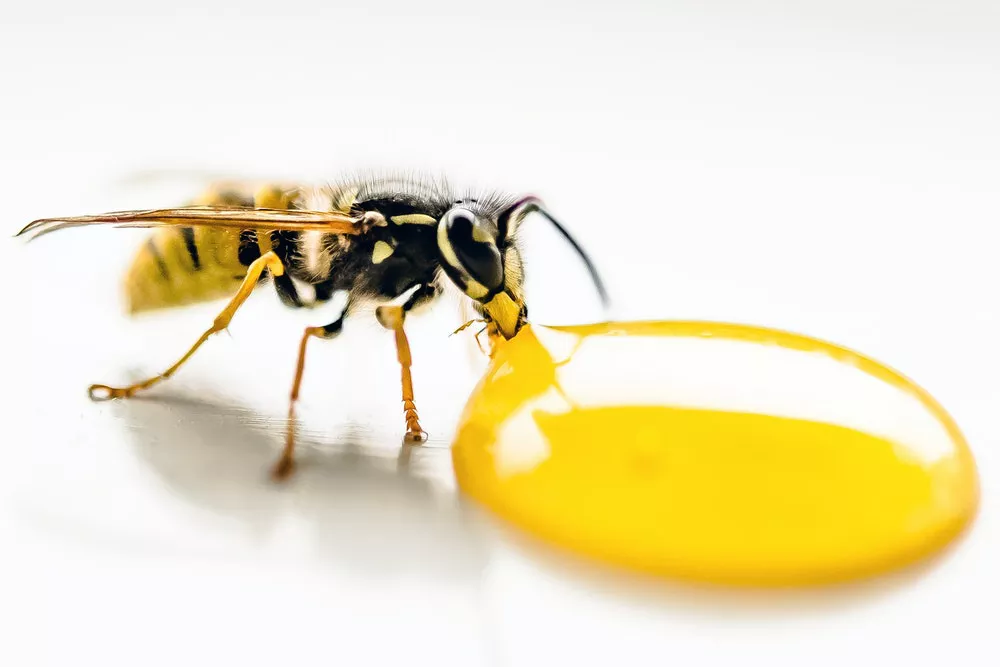Children drinking honey can cause botulism, a food-borne sickness that due to the possibility of natural honey being contaminated with Clostridium botulinum.
Clostridium botulinum is an anaerobic bacterium that is widely found in natural soil. One study found that Clostridium botulinum was detected in about 10% of honey, with an average of 104 budding spores per kilogram of honey.
Food contaminated with bacilli may enter the digestive tract while transform into propagules that colonize the intestinal tract, and then produce botulinum toxin, which is absorbed into the bloodstream and causes poisoning.
However, this process occurs mainly in infants under 6 months of age whose intestinal flora were not sufficiently well developed to have a strong enough natural shielding capacity.
Botulism in infants is uncommon, but when it occurs, it can destructively show of constipation, drowsiness, irritability, refusal to eat, weakness, and in severe cases, performs in death risks of a combination of dysphagia, respiratory distress, respiratory arrest, and other risks of death.
Because of the high mortality rate of botulism and the fact that honey is the only food clearly associated with botulism in infants, the World Health Organization and the FDA still recommend that children under 1 year of age not eat honey although it basically occurs in children under 6 months of age.
Children over 1 year old and mothers during the puerperal period with the well-developed intestinal flora do not need to worry about the food poisoning, but a diet high in sugar increases the risk of dental caries, diabetes, obesity and other problems in children.




